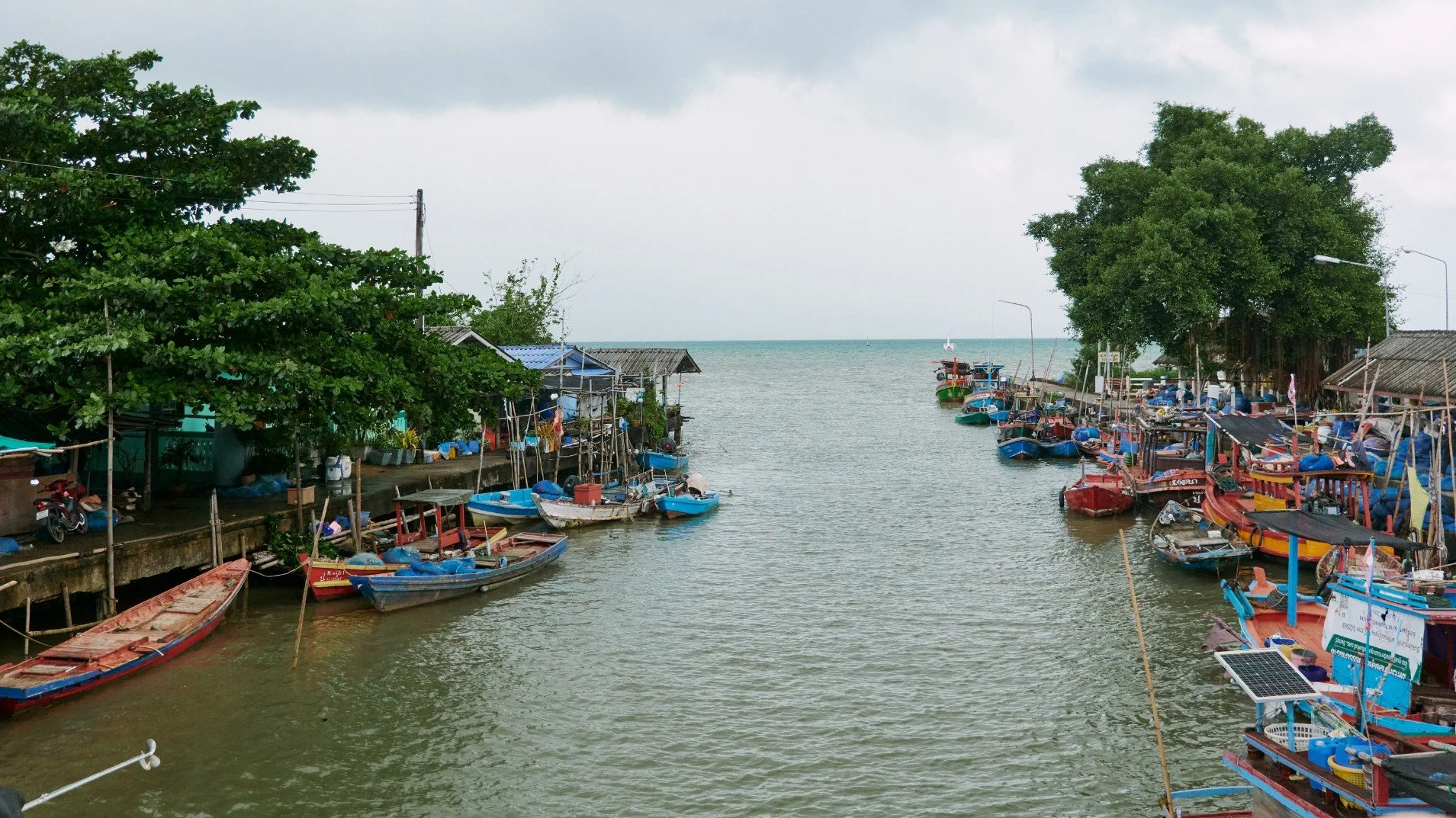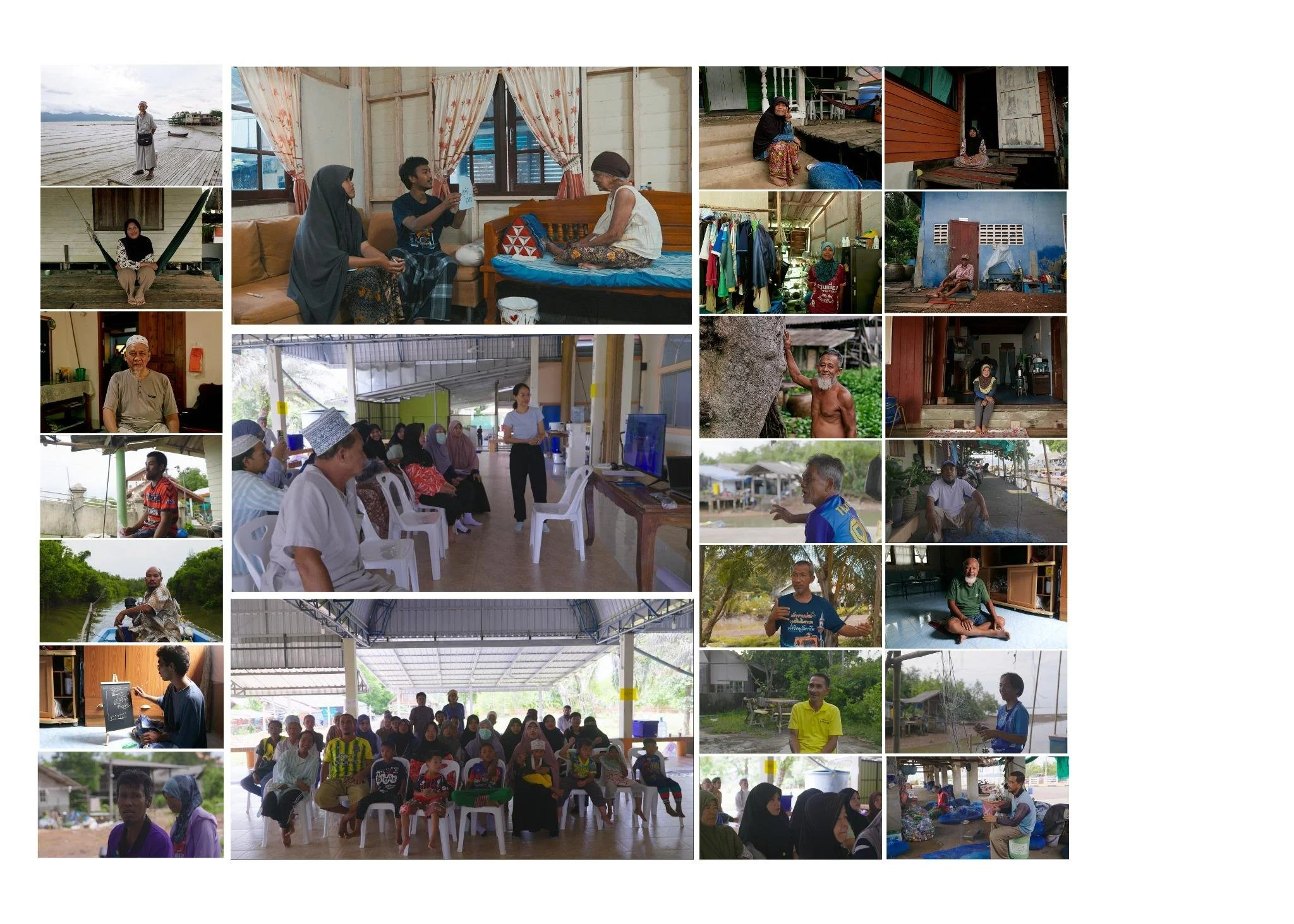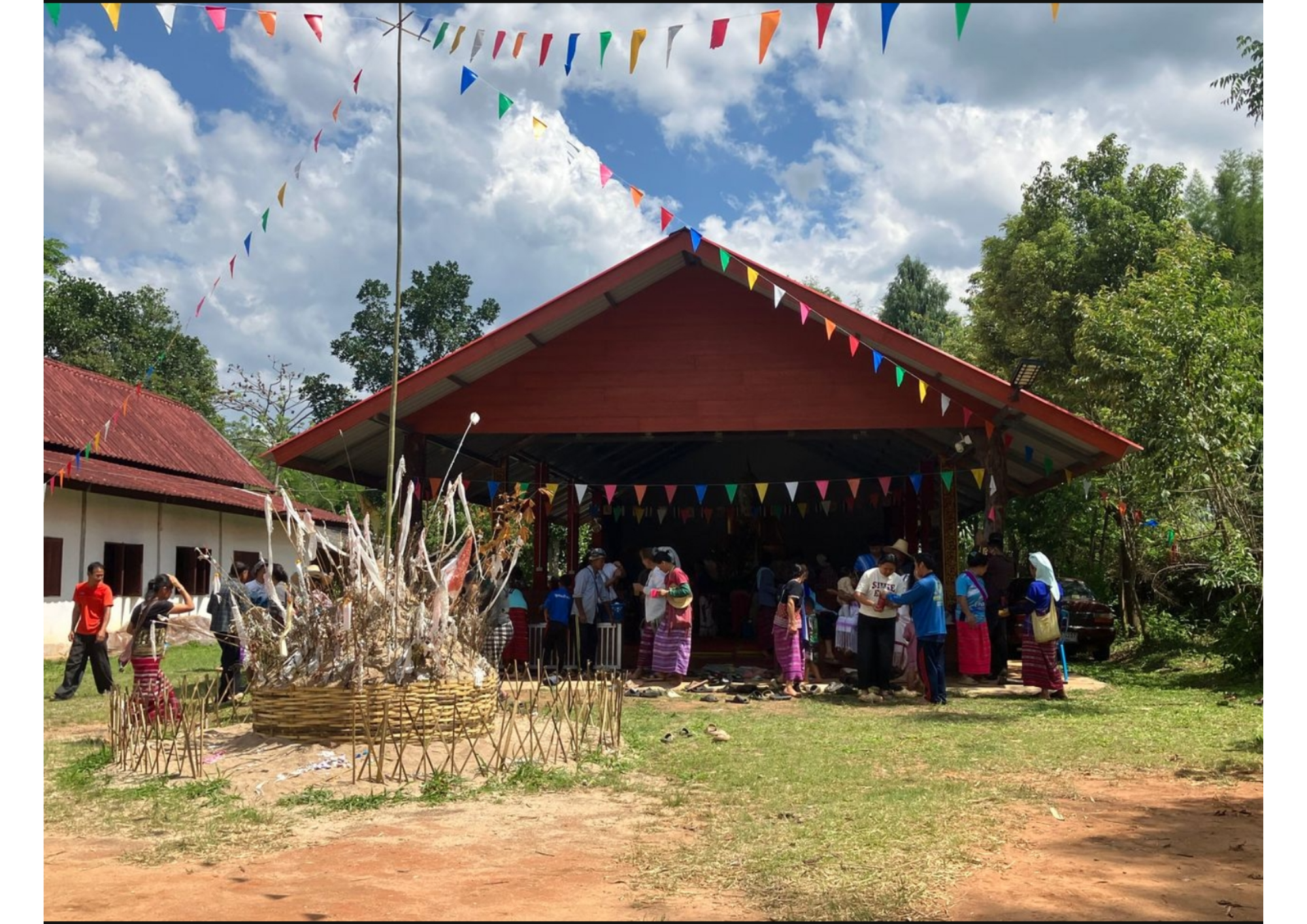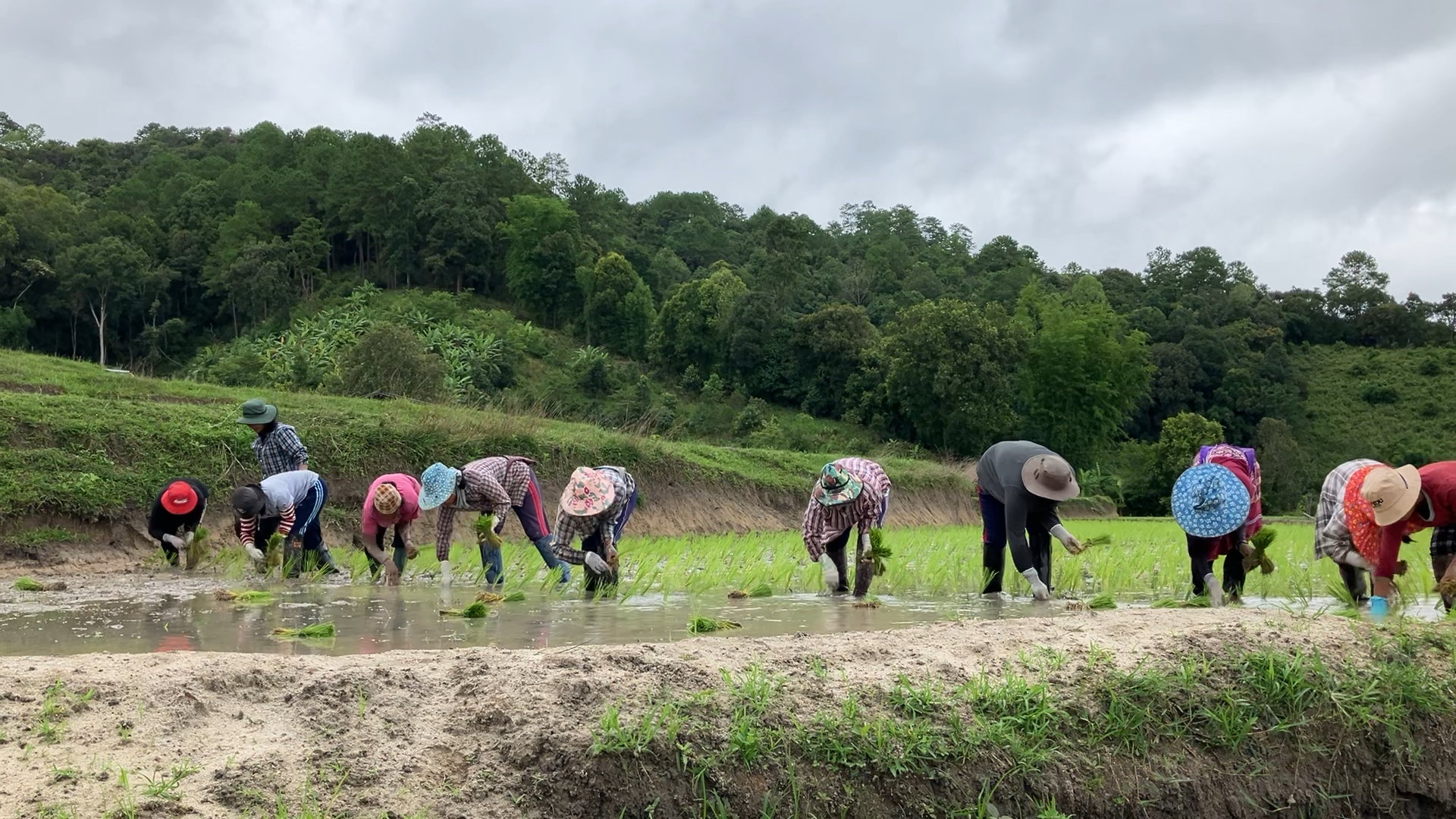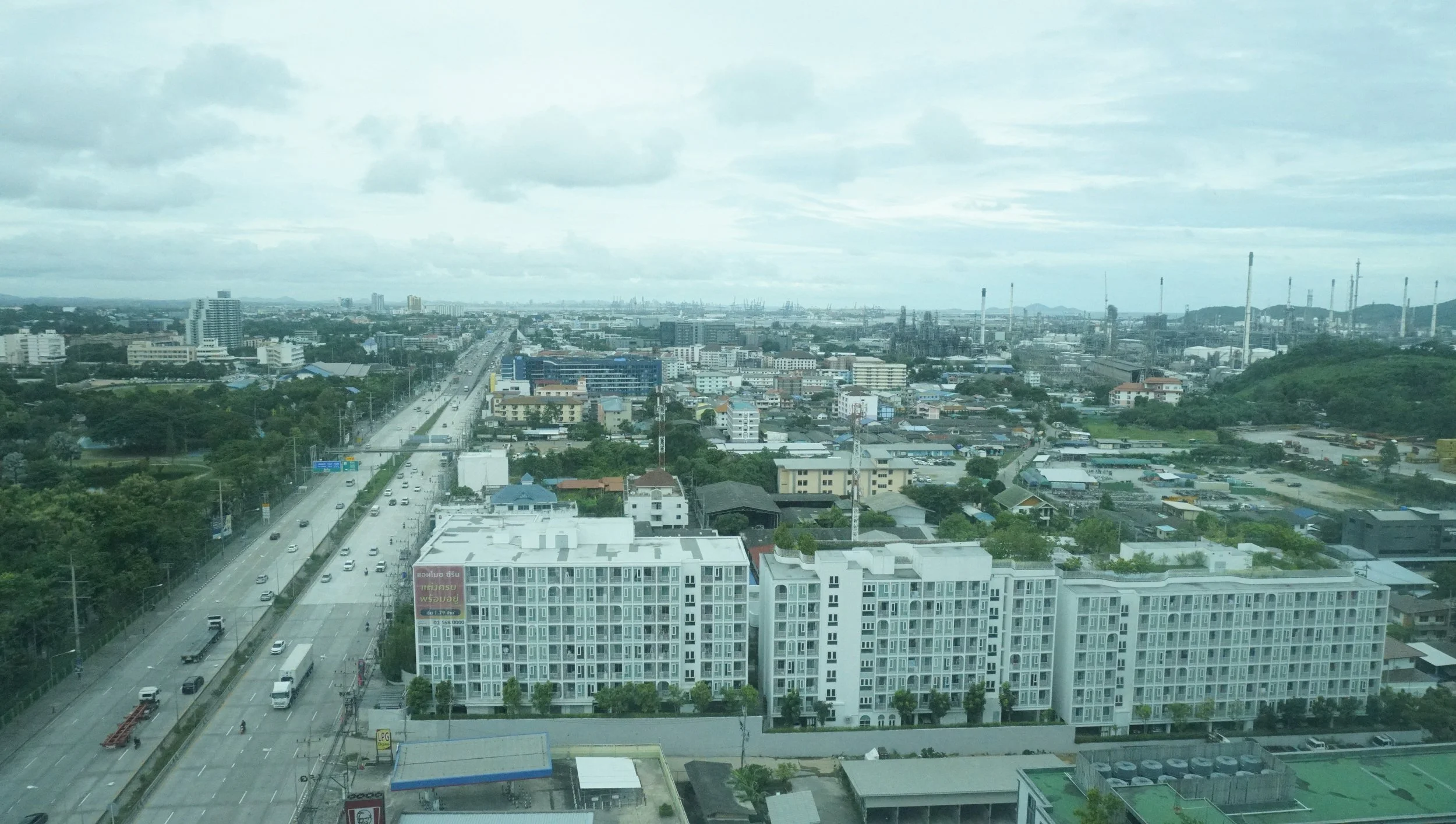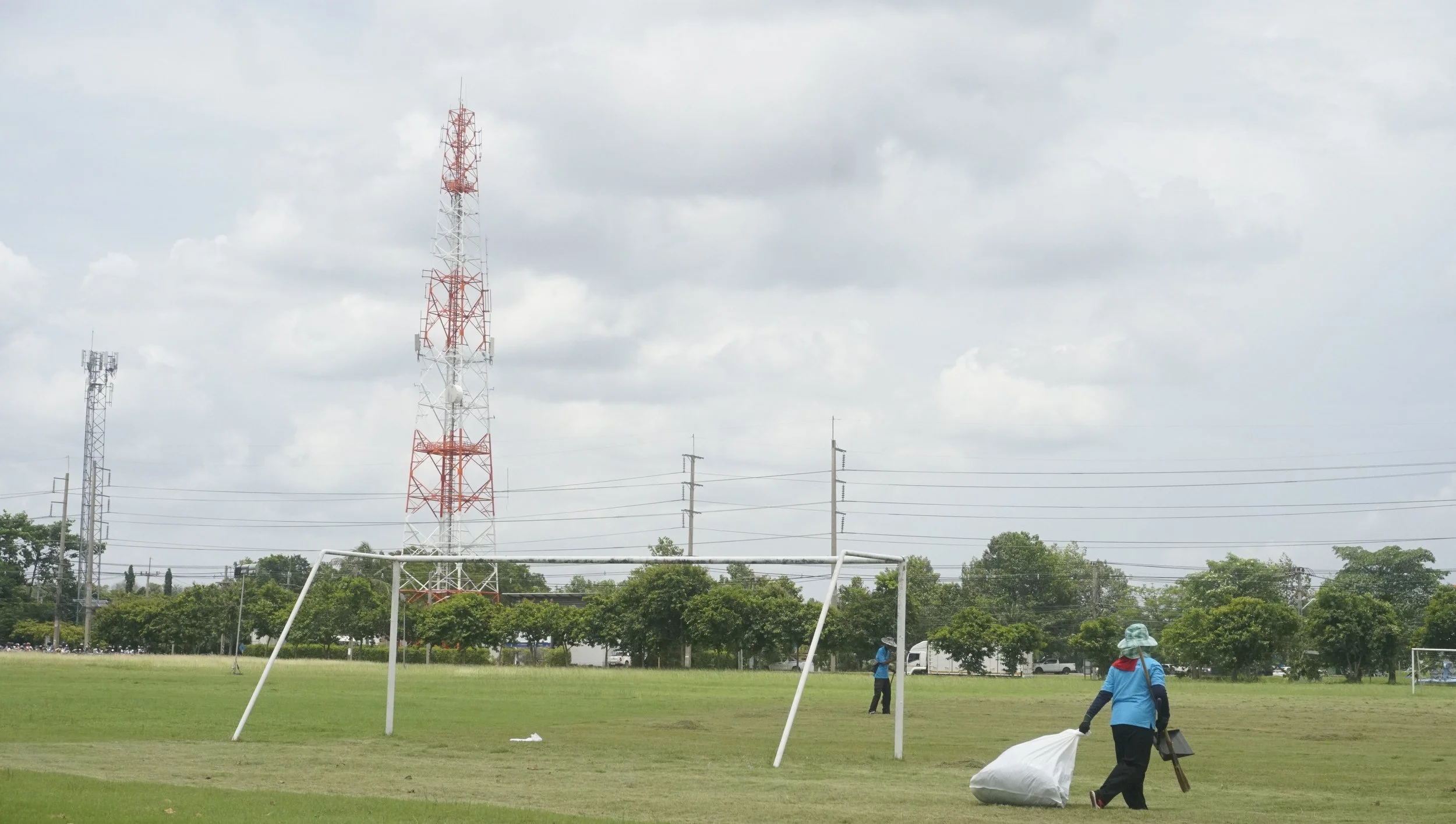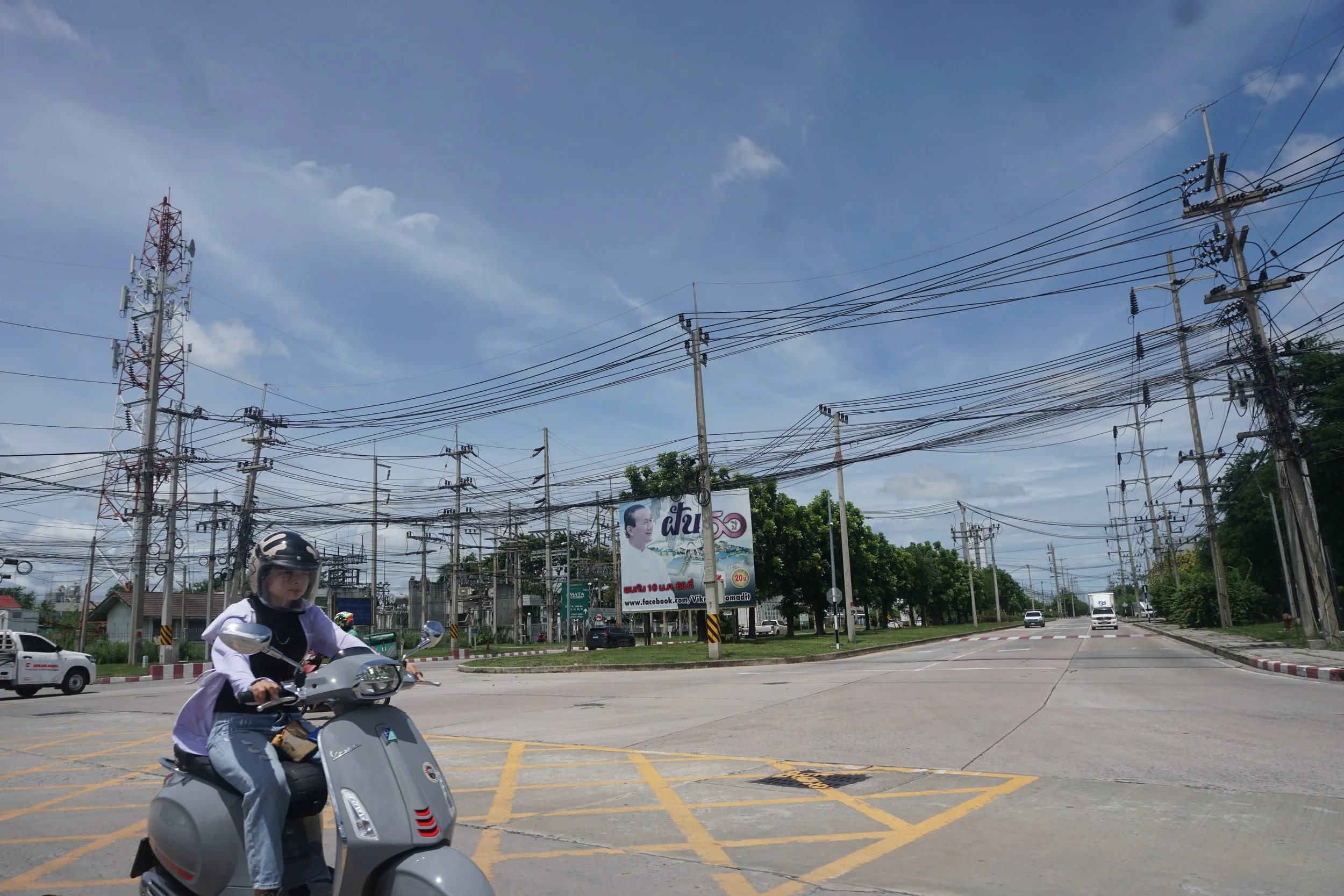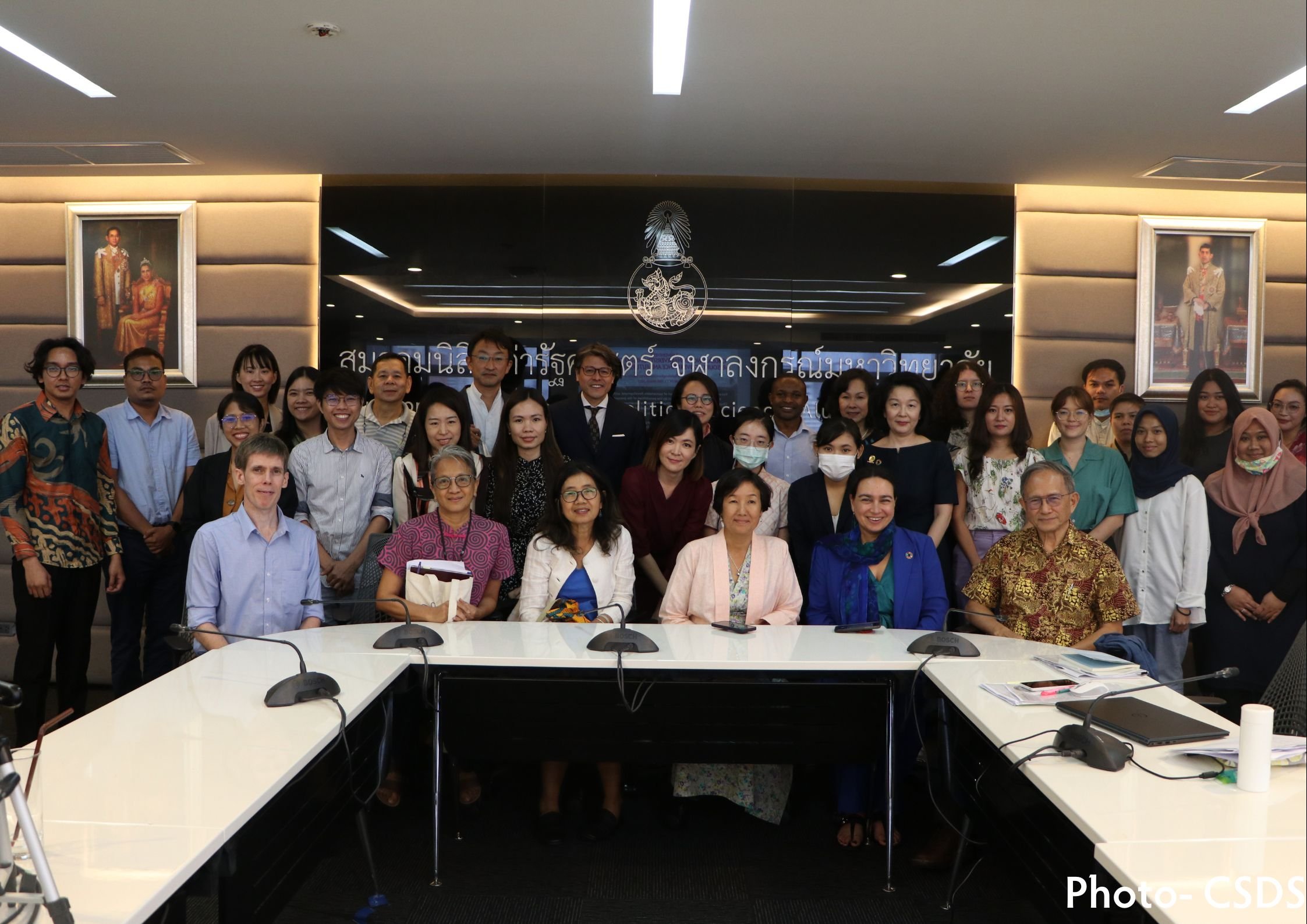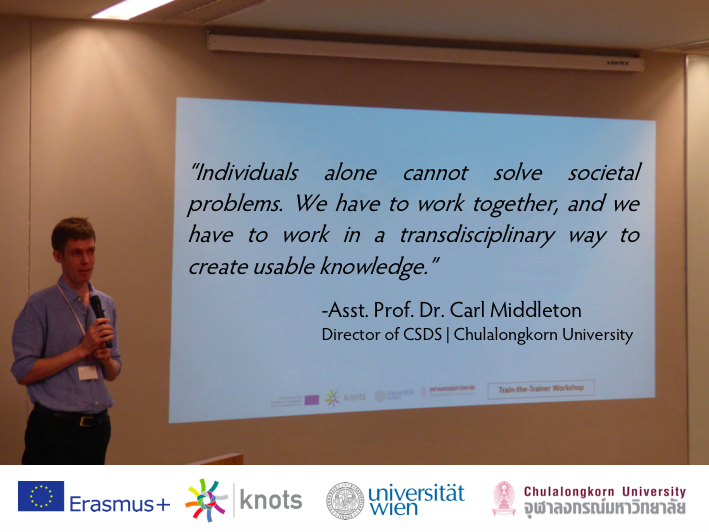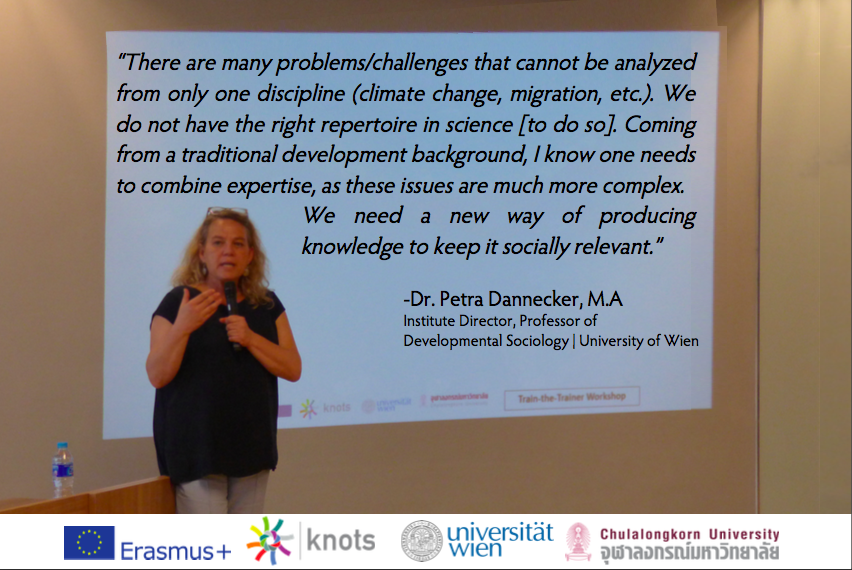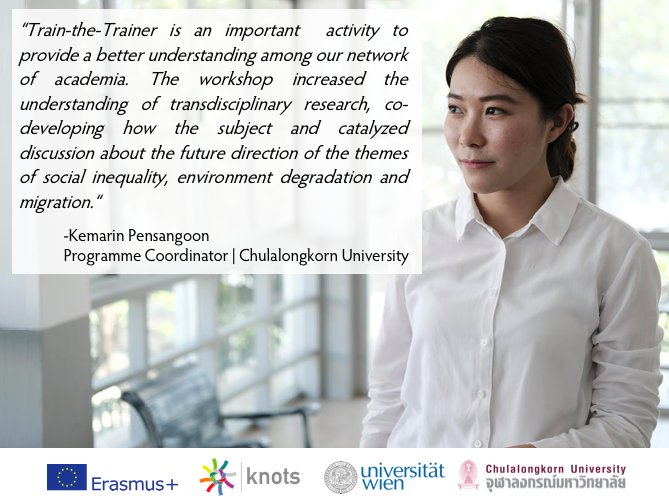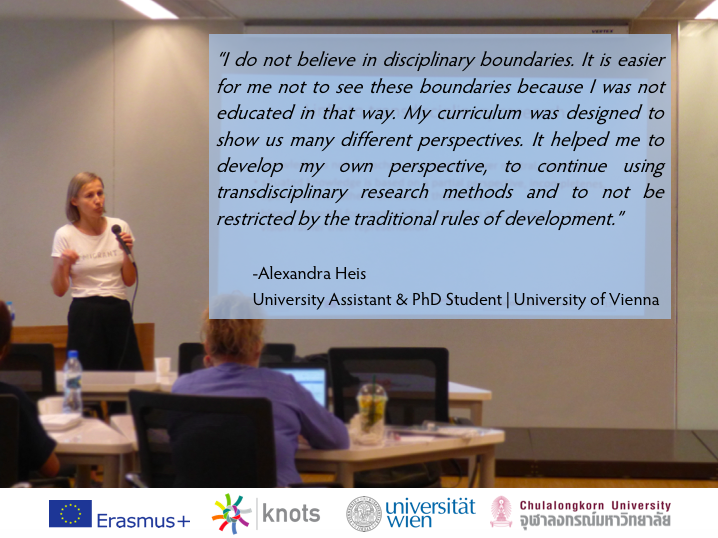Local Fisheries Voice: When Housing Right are Insecure
/Small-scale fishery (SSF) communities in Thailand play a vital ecological and social role but face mounting threats due to overlapping laws, unclear tenure, and rising economic pressures. This participatory video and its field work was conducted in Ban Yai mom village, where residents helped document their histories, spatial practices, and legal struggles. The video reveals how housing insecurity is deepening social and economic inequality, especially for women and low-income families, while administrative contradictions expose communities to eviction. Despite policy frameworks that nominally protect traditional settlements, implementation remains fragmented and exclusionary. The video shows how communities can make their “invisible rights” visible asserting customary claims and collective knowledge in the face of legal erasure. Recommendations from the participatory research calls for legal harmonization, recognition of customary housing right, and more inclusive governance mechanisms to protect the right to stay and sustain coastal ways of life.reard the policy brief of
Visit The Policy Brief of “Protecting the Customary Rights and Way of Life in Thailand’s Small-scale Fishery Communities” click here.
Learn more about “Just Futures Mekong Fellowship Program click here.


